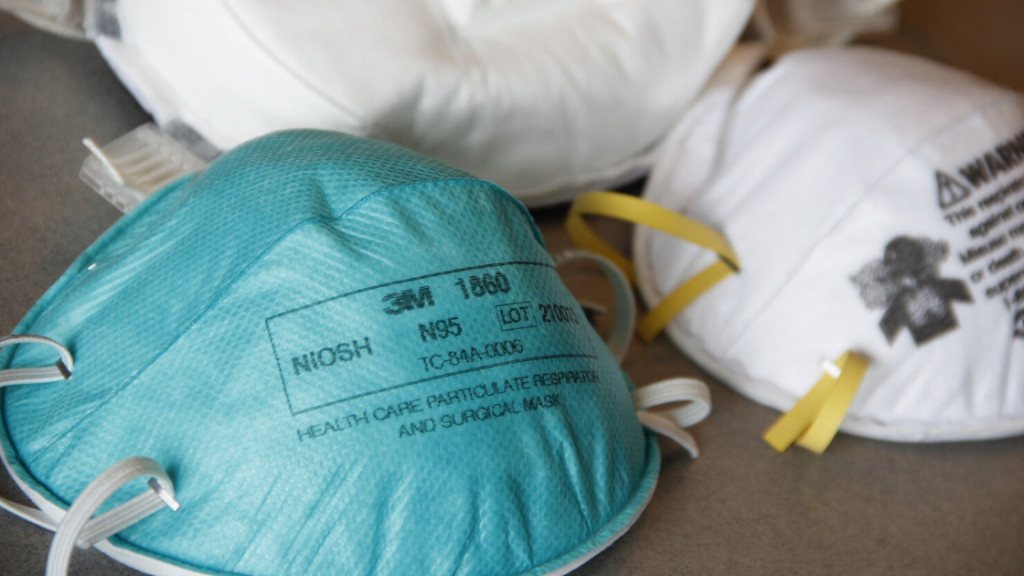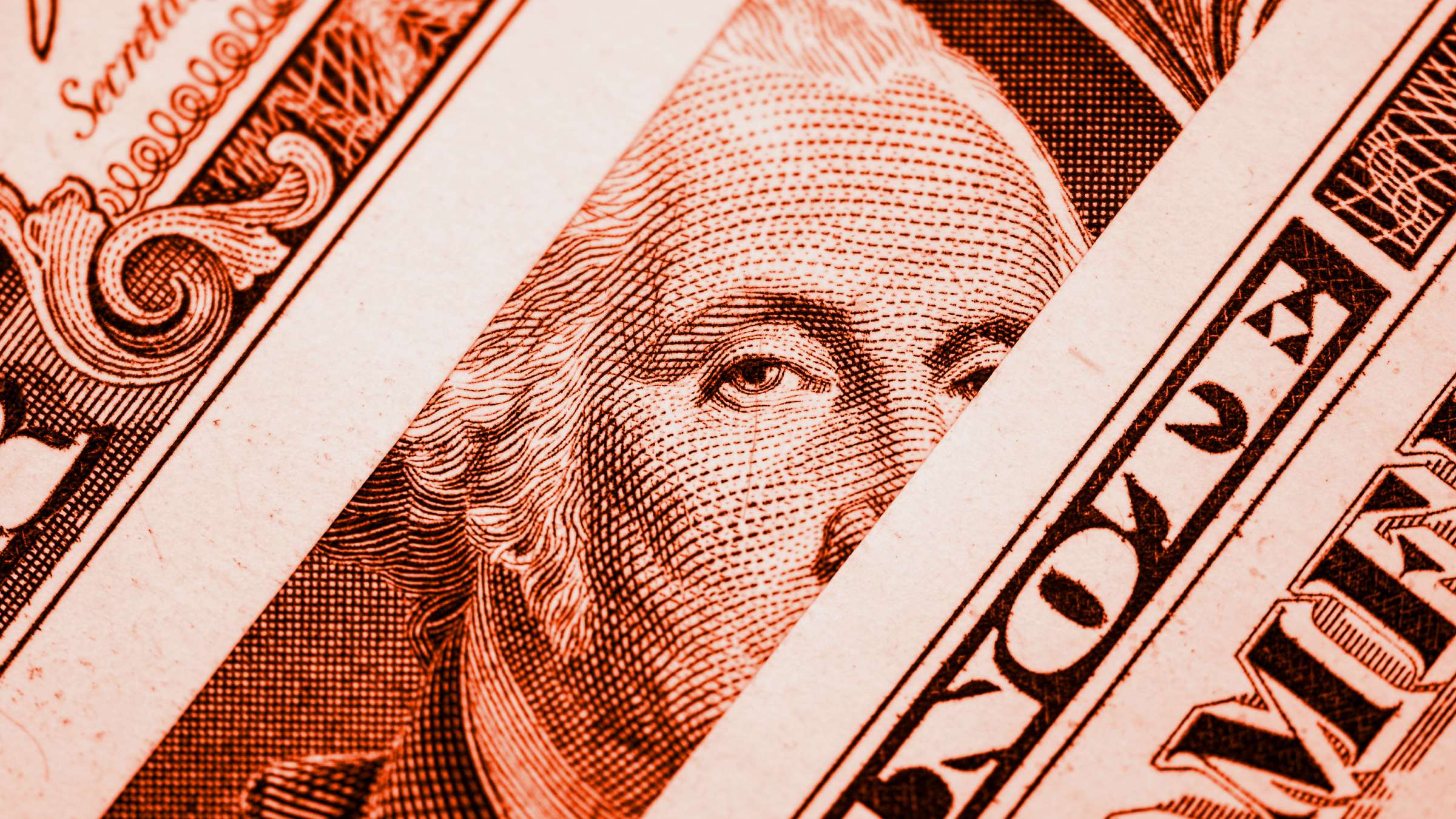Editor’s Note: PPE is increasingly re-shoring. But need much more with hard-nosed industrial policy and tariffs on foreign suppliers who would erode domestic market share.
American companies like 3M, Honeywell and Prestige Ameritech are investing in domestic production of masks
[Austen Hufford | July 17, 2020 | WSJ]
The Covid-19 pandemic has unraveled the global supply chain for medical masks as manufacturers like 3M Co. MMM -0.30% and Honeywell InternationalInc. HON +1.23% work in record time to stoke production at home.
Before coronavirus, medical masks were largely made abroad, particularly in China. When infections grew globally earlier this year, countries and health systems found themselves competing for vital protective equipment and unable to meet demand.
Now, American companies like 3M, Honeywell and Prestige Ameritech Ltd. are investing in expansions to produce more masks in the U.S. in response to requests from hospitals and governments seeking a guaranteed domestic supply for several years. The reinvented supply chain means that producers of the machines and materials required to assemble N95 masks, which are designed to block out 95% of very small particles, are ramping up U.S. production too.
The added capacity won’t exceed domestic N95 demand until this winter, the Federal Emergency Management Agency estimates, when the U.S. will be producing 180 million N95 masks a month, up from around 45 million in January.
For now, shortages remain. Some hospitals and nursing homes are asking workers to use their N95 masks for entire shifts, or even a week, as they manage limited supplies.
“The pandemic has exposed fault lines across the industry,” said Michael Vale, head of 3M’s largest segment, which includes masks. “There is going to be a broad-based rethinking.”
Governments around the world are also bolstering their own domestic supply lines in response to a pandemic that has killed 580,000 and interrupted global travel and trade. Honeywell is adding a line in Scotland after the U.K. agreed to buy 70 million masks over 18 months, in addition to two new N95 facilities in the U.S. The Canadian government signed a 10-year supply agreement with Medicom Group, which is building a new mask factory there.
Current plans would boost U.S. production of the main filtering component in N95s to about 90% of pre-virus U.S. demand, up from around 30% before the pandemic, according to Brad Kalil, director of market intelligence for INDA, an industry association.
“The world over is now looking at technologies that are critical to their security or national health and well-being in a very different way than we did not that many months ago,” said Sara Greenstein, chief executive of Lydall Inc., which recently received $13.5 million in federal funding to expand its location that produces filters for masks.
The Trump administration and some executives are working to bolster domestic production of other goods, including semiconductors and some drugs. They worry that the U.S. could be at a disadvantage if supply chains rely solely on production abroad.
“The U.S. is waking up to this problem,” said Mike Bowen, an owner of Prestige Ameritech, a Texas mask company. A group of hospitals recently took a stake in the firm. “We are going to make sure we are in an even better position in the next pandemic.”
While the last major global pandemic hit the U.S. a century ago, the current crisis is likely to continue for some time, and experts predict more frequent pandemics in the future. Protective-gear makers note that more localized outbreaks have occurred regularly, noting recent swine flu, ebola and SARS events.
To build a supply chain, companies need to prepare new facilities, assemble machines and establish supplier networks—a process that can take years. 3M doubled its U.S. mask-making capacity earlier this year, but soon realized it would have to go much further. Americans used 140 million N95 masks in the 90 days through the end of May, according to government estimates. That is nearly triple the number typically used in an entire year and well above the capacity of domestic suppliers.
3M, already the biggest producer of N95 masks in the U.S., is becoming even larger. Pre-pandemic, 90% of its N95s went to industrial uses, but that ratio has flipped as the masks have proven key to protect essential workers. 3M said it has delivered nearly 100 million N95 respirators to hospitals in the U.S. and more than 100 million to FEMA and the U.S. stockpile.
The company is going further. It came up with a plan to overcome bottlenecks in its U.S. supply chain and more than double its capacity again.
It sought assurance from the government that it would have a buyer for many of those extra masks. It struck a deal with the U.S. Department of Health and Human Services and in May the Department of Defense awarded 3M $200 million to convert a facility where mask-fabricating machines are made into a temporary mask factory.
Automated mask-making machines are set to be shaping filtering materials, attaching nose pieces and stamping on 3M’s logos more than 2,000 times a minute in the U.S. by October, given the company’s goal of 95 million a month.
Normally, machine-producer Curt G. Joa Inc. assembles mask machines at its plant in Sheboygan Falls, Wis. for quality checks then breaks them down again for shipping to customers’ factories. 3M is now temporarily operating mask-making machines built by Joa at a building across the corporate golf course from Joa’s main facility, 600 miles east of 3M’s main mask plant in Aberdeen, S.D. 3M says the move will help it meet production goals more quickly.
“Speed matters,” said Joa’s president, Rick Michaletz.
3M will eventually move the machines to Aberdeen, where jets were a frequent presence on the local airstrip this spring as the company dispatched masks to early hot spots like New York. 3M said it expects to add about 100 employees in Aberdeen when the expansion is complete.
Payoff isn’t assured, though, for 3M and other mask makers. 3M has invested over $80 million to ramp up N95 mask production since the pandemic began. How long demand for N95 masks will remain elevated, or how much stockpiling officials and hospitals will do thereafter, is unknowable.
“It will be up, the question is for how much and how long,” Joa’s Mr. Michaletz said.
Write to Austen Hufford at [email protected]













